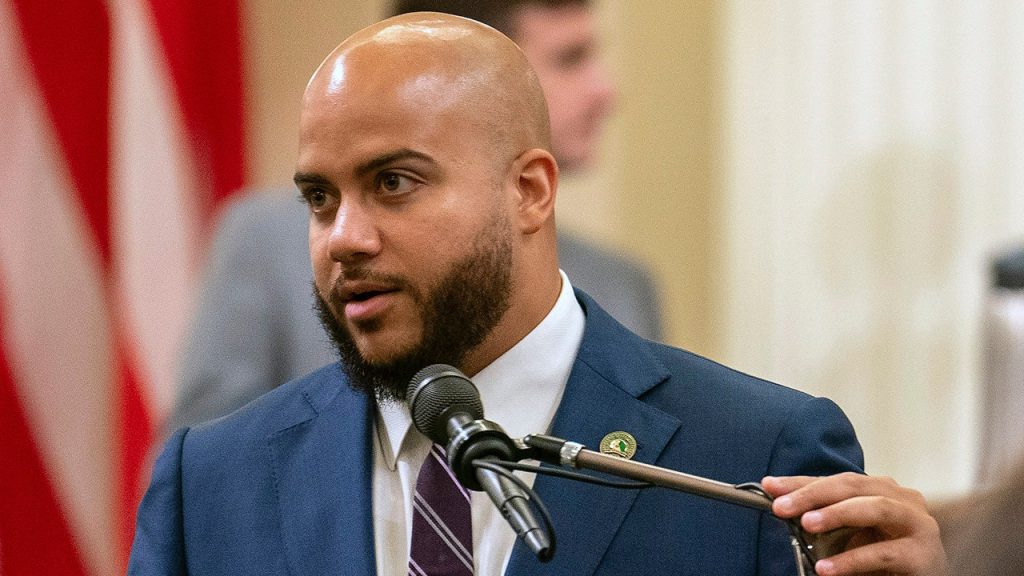California Assemblymember Isaac Bryan has announced plans to introduce legislation aimed at granting descendants of slaves priority admission to the University of California and California State University systems. Bryan, representing parts of Los Angeles, underscored the historical precedent of preferential treatment in college admissions, which he argues has predominantly benefitted wealthy donors and their families. Bryan’s moral argument rests on the need to address the systemic inequities stemming from America’s legacy of slavery, suggesting that the current admissions policies have overlooked the descendants of those who have suffered from this historical injustice.
In Bryan’s view, the existing admissions practices inherently favor a privileged class while neglecting historically marginalized groups. He remarked on the long-standing tradition of universities offering preferential treatment for legacy applicants, indicating that such biases conflict with the principle of equitable access to education for all students. The Assemblymember framed his initiative as a necessary corrective measure, emphasizing the moral obligation to rectify these longstanding inequities, particularly in light of the diminished representation of Black students in California’s public university systems.
The legislative proposal comes at a pivotal time when national discussions around diversity, equity, and inclusion in educational institutions are evolving. This is especially relevant following a recent ruling by the U.S. Supreme Court that effectively outlawed affirmative action in college admissions, creating concerns about the implications for students of color. Critics of the ruling highlighted that while the decision eliminated affirmative action, legacy preferences remain intact, thus perpetuating existing disparities. Bryan posited that California must confront its historical role in perpetuating racial inequalities and embrace this opportunity to foster a more inclusive educational landscape.
Currently, Black students represent approximately 4% of the student population in the California State University system and around 4.7% in the University of California system. These figures illustrate a stark underrepresentation of Black individuals in higher education in a state that has increasingly recognized the need for reparative measures. Previously, in 2023, the state legislature took steps toward acknowledging its past through the passage of a law that formally apologized for California’s history of racism and discrimination against Black individuals. Nevertheless, efforts to implement reparations have met with varied outcomes, highlighting the complexities of enacting meaningful change.
As Bryan introduces his bill, the political landscape in California is also influenced by the incoming Trump administration, which has signaled intentions to challenge progressive policies in education. President-elect Trump’s criticism of what he labels “wokeness” in schools and his calls for substantial changes to the Department of Education underscore a broader national trend that could impact California’s reform initiatives. This context provides additional urgency to Bryan’s proposal, as lawmakers seek to bolster protections for progressive education policies amidst potential federal pushback.
The introduction of this bill represents a significant moment in California’s ongoing dialogue about race, equity, and the legacy of slavery. Bryan’s advocacy reflects a growing recognition of the harm caused by historical injustices and the importance of addressing these issues head-on. By prioritizing the admission of descendants of slaves, the legislation aims to create pathways to higher education for those historically denied access, enhancing the diversity and equity of California’s public university systems while challenging prevailing norms within higher education admissions practices.


